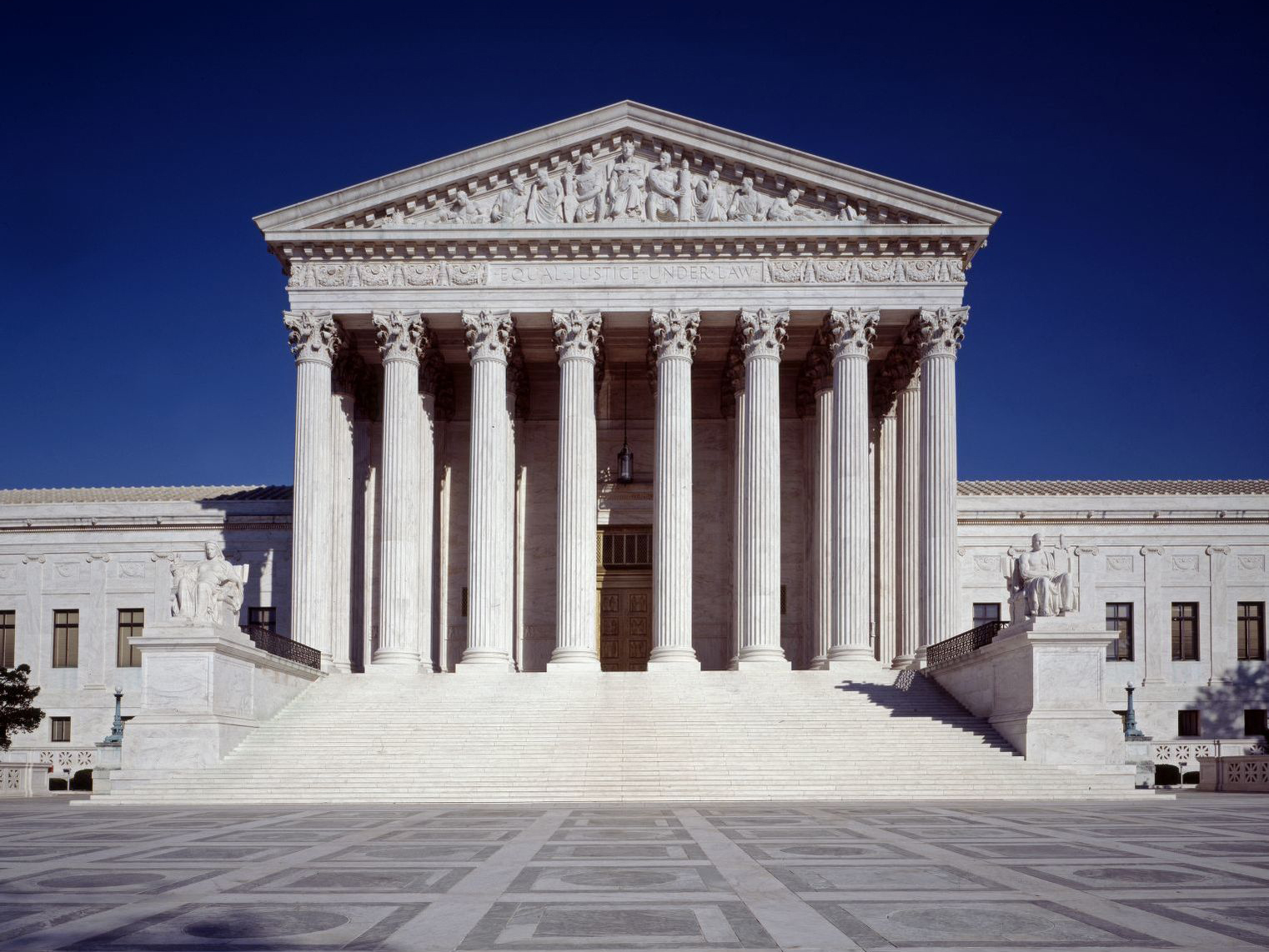The Constitutional Law Appellate Advocacy Clinic tasked students this winter with researching and writing amicus curiae briefs in the Supreme Court of the United States and a U.S. Court of Appeals dealing with questions of judicial process and freedom of speech.
Students with an interest in constitutional law and the federal appeals process took part this winter in an Elon Law clinic that filed amicus briefs in both the Supreme Court of the United States and the U.S. Court of Appeals for the Tenth Circuit in separate cases involving freedom of speech.
The Constitutional Law Appellate Advocacy Clinic offered the group more than legal research and writing deadlines – it provided an opportunity to learn how diverse backgrounds and political philosophies can work in tandem to advance client interests.
And several students who enrolled in the clinic said the cases challenged them to think deeply about questions involving the First Amendment.
“This clinic is literally a team of athletes,” said McCathern Painter L’20. “You have to work with each other, you have to constantly communicate like you would on the field. You have to create a trust bubble with each other. You’re responsible for your own work, but ultimately, it’s a team effort.”
Now in its third year under Professor Scott Gaylord, the Constitutional Law Appellate Advocacy Clinic had students research, analyze, draft, and revise an amicus brief for a nonprofit client that was filed in support of a website designer who believes her speech has been infringed by regulations imposed under the Colorado Anti-Discrimination Act.
Students in the Elon Law clinic also drafted an amicus brief to the Supreme Court of the United States in support of a petition for certiorari. The case out of Georgia involved a college student who sought damages for the manner in which his college restricted his ability to proselytize in an area of campus that had been created for just such a purpose.
The case also generated a three-way circuit split regarding the ability of the government to moot a claim for nominal damages by amending an unconstitutional policy.
In the brief, which was filed on the client’s behalf by Gaylord, the students argued not about the underlying merits of the First Amendment claim but rather that guidance was needed from the Supreme Court because of the inconsistencies between federal circuit courts handling questions of mootness in relation to nominal damages claims.
“The course is meant to mirror appellate work in a practice setting, so we work together as a small law firm,” said Gaylord, a nationally recognized scholar of constitutional law. “We met weekly to discuss the various steps that we needed to follow to prepare the best brief we could in the time that we had.”
Kathryn Romo L’20 enrolled in the clinic to develop her knowledge of constitutional law, an area she did not consider her strength. Romo arrived at Elon Law with an understanding of contracts from her time working as a paralegal and said she recommends students consider the clinic as an experiential learning opportunity with tasks that felt impactful.

“It is definitely a great experience to work in a small group with a professor,” she said. “This is the smallest class I’ve had, and you definitely get one-on-one feedback with a chance for questions to be answered. And with the first-year course, you don’t have as much of a chance to work collaboratively. Here, where we were able to submit an amicus brief to the Supreme Court, it seemed more meaningful than past assignments.”
For Painter, the biggest benefit of joining the clinic this winter was learning from a professor widely recognized for his knowledge of constitutional issues regarding freedom of speech and freedom of religion.
“The draw was working with Professor Gaylord,” said Painter, who has ambitions of practicing immigration law. “He’s such an incredible teacher and an accomplished lawyer, so I was chomping at the bit to learn from him on advocating for clients for constitutional issues, especially in the appellate realm.”
Ryan Allshouse L’20 said that bringing students of diverse backgrounds and perspectives together on a group project ultimately led to stronger arguments and sharpened legal research and writing skills.
“It’s not so much our view of an issue that we have to advocate for,” said Allshouse, who is aiming to work in public policy after law school. “It’s the view of the party we’re representing. That doesn’t mean you have to agree with their stance. It was a great opportunity for all of us to look at something new, argue for our client, and at the same time, form an opinion. We all agreed in the end on the best route to take and it’s evident in the brief we were able to write.
“This is someone’s livelihood on the line,” he added about the case from Colorado. “Taking that attitude at the end was something that was very beneficial. It really opened my eyes to the level of attention and the level of work that goes into the appellate process.”



